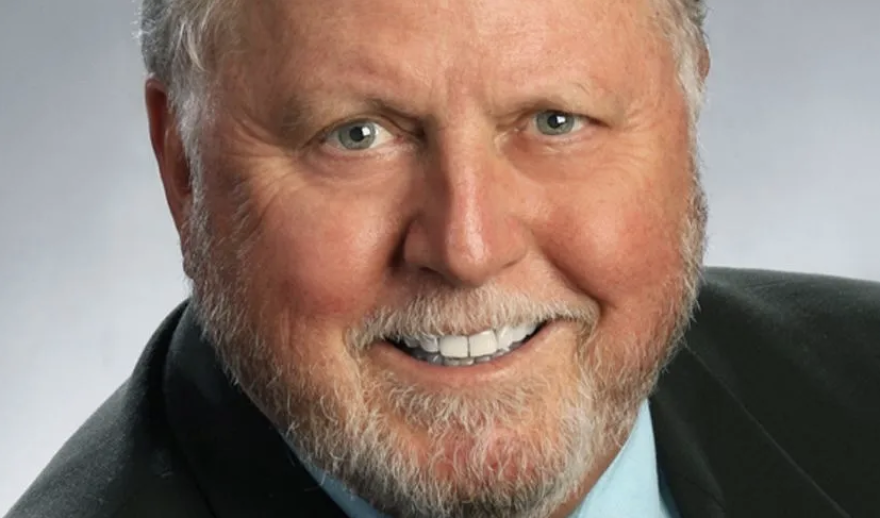Monday, Sept. 11, marks the 50th anniversary of a dark day in Latin American history: the bloody military coup that started the brutal, 17-year-long dictatorship of Gen. Augusto Pinochet in Chile — an event witnessed by a South Florida man who, ironically, was there to help Chileans practice law in a democracy.
“We stood on our balcony and watched the jets bomb the Moneda, the presidential palace," Fort Lauderdale attorney George Platt recalled for WLRN.
Platt was a young American attorney living in Santiago in 1973 and was teaching law at the Pontifical Catholic University of Chile there, on an international fellowship.
Inside La Moneda was controversial left-wing Chilean President Salvador Allende, the target of the right-wing military coup that erupted that day, led by Pinochet.
Allende would commit suicide inside La Moneda during the putsch — but Platt says the more horrible carnage happened outside on the streets, as Pinochet's forces hunted down anyone suspected of being a leftist activist.
"They didn't ask questions, they just shot a lot of people," says Platt, who saw several corpses on the streets.
"The bodies were found with their hands tied behind their backs, and some of them blindfolded. And they would just sort of stack them like firewood."
READ MORE: Miami versus Pinochet: As Chile holds an election, it recalls justice in Florida
Platt, whose wife Anne worked in Chile as a reporter for U.S. media, says they ran into American documentary filmmaker Charlie Horman at the U.S. embassy as the coup wore on.
"He said he'd seen some things he probably shouldn't have and was afraid to go back out in the streets," said Platt.

Days later Horman himself disappeared and was later executed by Chilean security forces. His story was the subject of the 1982 film Missing.
The coup installed Pinochet as Chile's dictator. He would rule until 1990 — and more than 3,000 Chileans were murdered or disappeared under his regime, while tens of thousands more were tortured in prisons.
Recently declassified documents — including two released last month — have cast a spotlight on the U.S.'s role, particularly the CIA's, in encouraging if not outright aiding the coup.
Pinochet's coup and reign influenced the rise of other dictatorships in South and Central America at that time and severely set back democracy in the region for years to come.
“One of the things that really changed my life was watching democracy, the liberties that we take for granted, disappear overnight," said Platt, a former Democratic Broward County Commissioner.
”It made you realize it could happen anywhere at any time — even here in the U.S."
Chile has been a leading democracy and economy in Latin America since Pinochet left power. Today its president is leftist Gabriel Boric, and the country is in the process of re-writing the constitution that was put in place under Pinochet.






